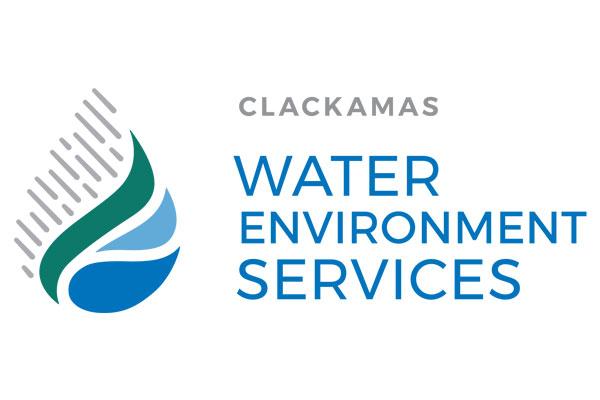What's the problem?
Although convenient for cleaning surfaces and equipment, pressure washing can send dirty runoff containing oil, soap, chemicals, metals, and sediment into the storm drain system. Most storm drains have zero to minimal treatment and drain directly toward the surface water and groundwater we all need to protect.
Here’s how our waters are being negatively impacted:
- Sediment clouds the water, hinders aquatic plant growth, and clogs fish gills.
- Even biodegradable soaps rob water of life-giving oxygen.
- Household hazardous wastes, like pesticides, paints, solvents, and auto fluids that collect on driveways and other outside surfaces can poison aquatic life. Animals and people can become sick or die after consuming polluted water or fish.
- Ingestion of pre-1978 paint flakes containing lead can be a concern as it can result in intellectual disabilities in children.
- Avoid using hot water and chemicals as that type of wastewater has a greater negative environmental effect.
Specialized Equipment Can Help
Berms, storm drain covers or mats, sump or vacuum pumps, wet vacuums, filtering or absorbent equipment such as socks, booms, bags of absorbent bark chips, etc., or inflatable pipe plugs can help prevent dirty water from entering the storm drain or allow for collection before it does.
Only Rain Down The Drain!
Pollutants of Concern:
- Oil
- Sediment
- Metals
- Phosphates (Soap)
Avoid Violations!
Polluted discharges from any property that enter a storm drain system are considered an illicit discharge violation and are subject to enforcement. If you are using hot water or chemicals, this water is not allowed to enter storm drains without an Oregon Department of Environmental Quality (DEQ) permit.
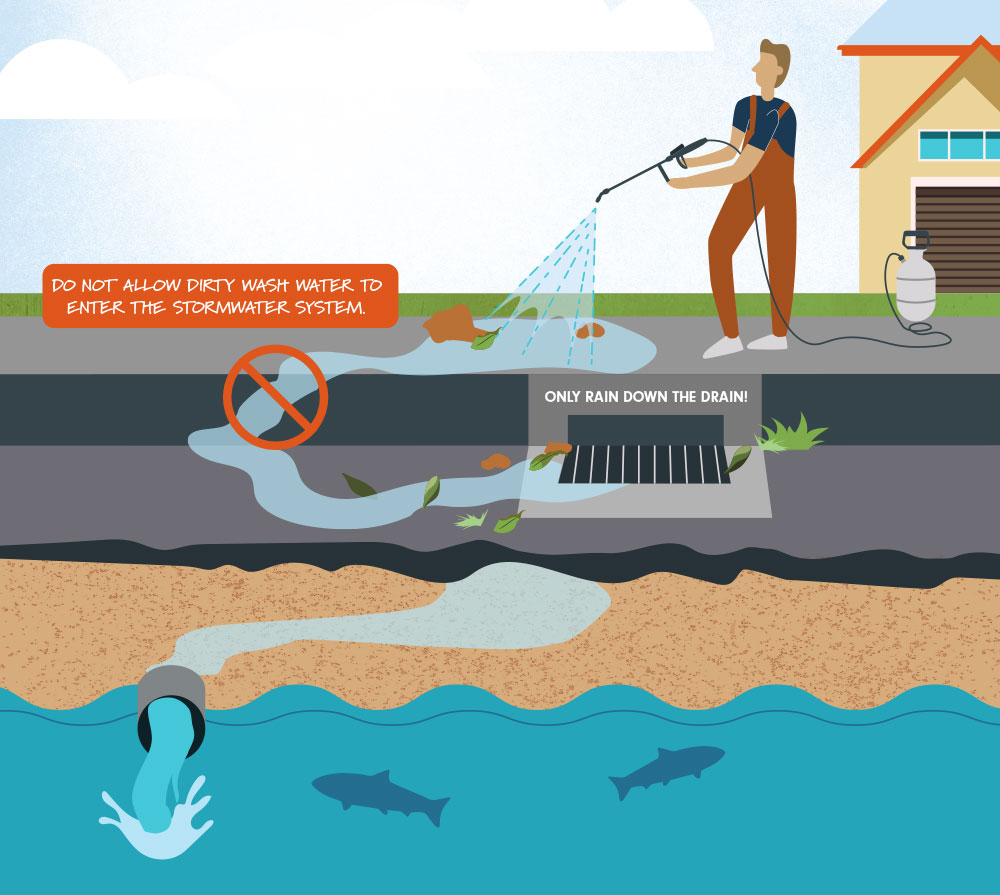
What can you do?
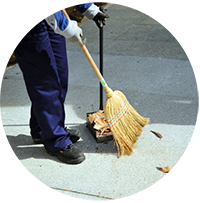
1.
Use dry cleanup methods first (sweep, blow, vacuum). Dispose of debris in the trash.
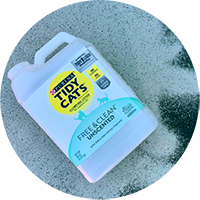
2.
Soak up oil and fluids using absorbents (cat litter, sawdust, sand) and dry-cleanup methods before washing. This, too, goes in the trash.
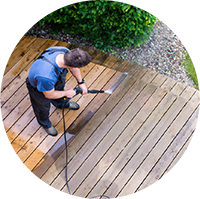
3.
Direct dirty runoff into a lawn or landscaped area away from the storm drain system.
(If wash water cannot be directed to landscaped areas, collect for disposal to the sanitary sewer via a clean out, toilet, or sink.)
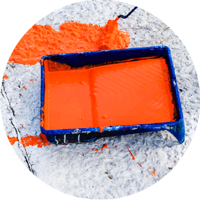
4.
Follow EPA lead paint guidelines if pre-1978 era paint is involved.
State Resources
Our Partner
 Clackamas Water Environment Services is proud to partner with The Oregon Association of Clean Water Agencies (ACWA) to protect and enhance Oregon’s water quality. ACWA developed the information (provided above) in collaboration with groundwater, stormwater and education experts dedicated to practical and proactive water resources protection.
Clackamas Water Environment Services is proud to partner with The Oregon Association of Clean Water Agencies (ACWA) to protect and enhance Oregon’s water quality. ACWA developed the information (provided above) in collaboration with groundwater, stormwater and education experts dedicated to practical and proactive water resources protection.
 Translate
Translate






